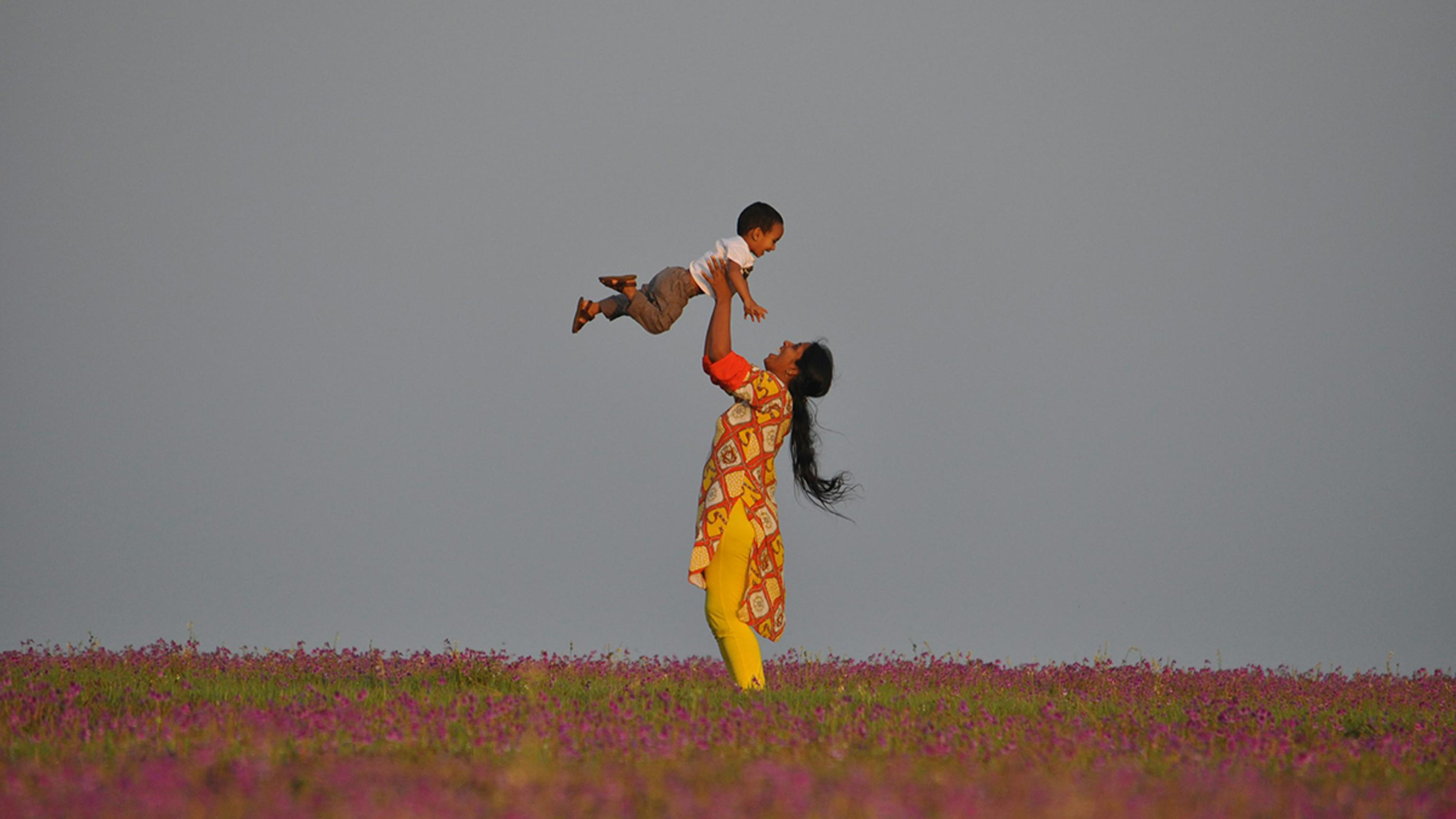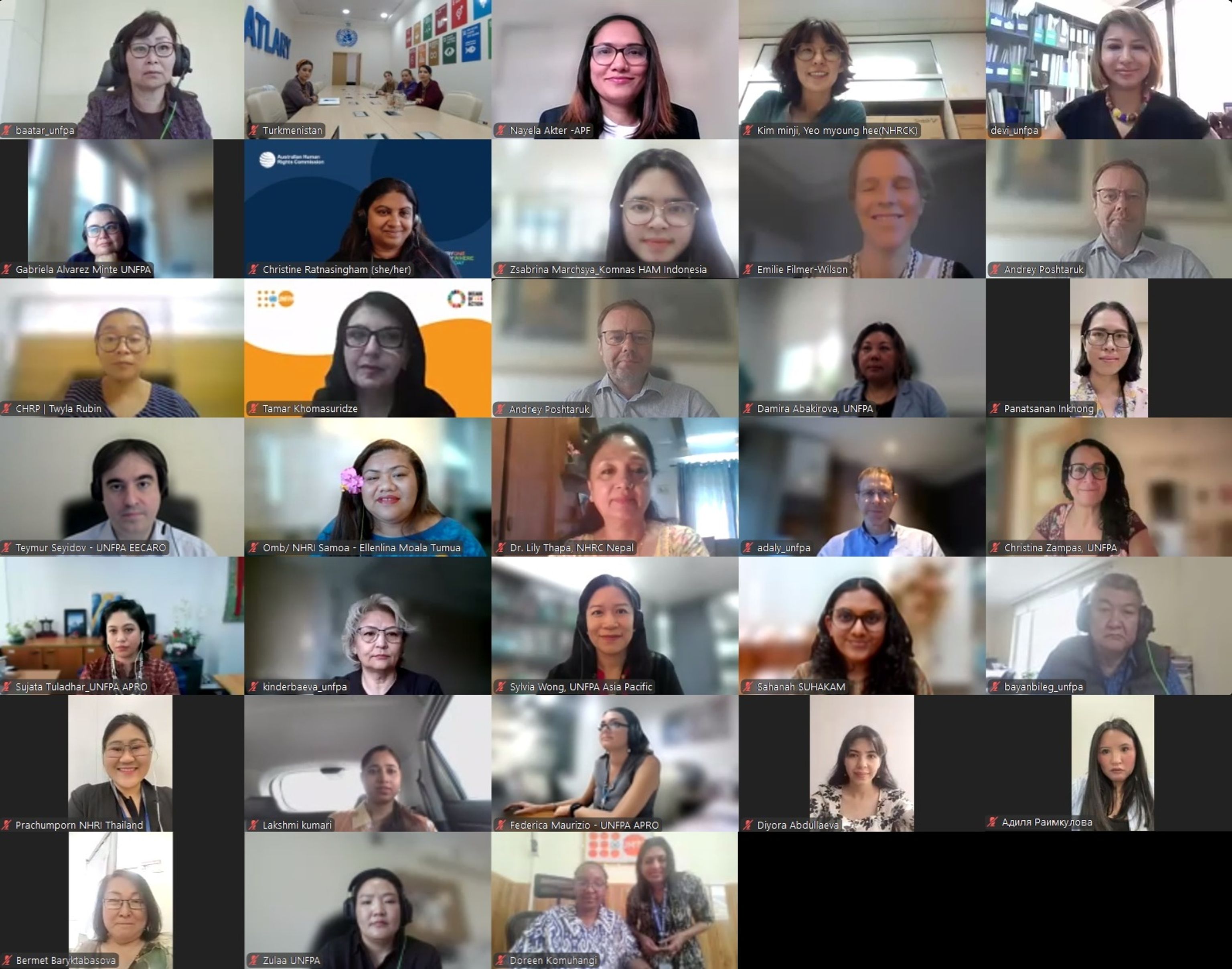In the Asia Pacific, sexual and reproductive health and rights remain out of reach for many
Limited access to sexuality education, high maternal mortality, barriers to safe abortion, and widespread gender-based violence remain serious concerns in the Asia Pacific region.

In the Asia Pacific, the right to manage one’s reproductive health remains out of reach for many. Limited access to sexuality education, high maternal mortality, barriers to safe abortion, and widespread gender-based violence remain serious concerns - especially for young people and marginalised groups.
While progress has been made in some areas, such as access to contraception and growing awareness of gender-based violence, systemic barriers continue to slow momentum. Restrictive laws, underfunded health systems and lack of political will are stalling the full realisation of sexual and reproductive health and rights (SRHR) in the region.
National Human Rights Institutions (NHRIs) have a vital role to play in addressing these issues. Yet, many NHRIs struggle to fully integrate SRHR issues into their monitoring and reporting work.
To help address these gaps, two virtual webinars were held on 10 and 11 June 2025, jointly organised by the APF, the United Nations Population Fund (UNFPA) Asia Pacific Regional Office (APRO), UNFPA Eastern Europe and Central Asia Regional Office (EECARO), and UNFPA Headquarters Programme Division.
The webinars aimed to equip NHRIs with practical tools and strategies to monitor and report SRHR violations more effectively. Participants explored how to apply rights-based approaches to address issues such as maternal health, family planning, gender-based violence, and adolescent access to services.
“During our gender equality training for our NHRI members last year, we asked them which issues were important to be addressed in their monitoring work,” said Nayela Akter, APF Project Officer.
SRHR and gender-based violence were consistently identified as top priorities for our members - highlighting how central these issues are to the work of NHRIs across the region.”
Nayela Akter, APF Project Officer
A key focus of the webinars was strengthening NHRI capacity to work in alignment with international human rights standards, including the Sustainable Development Goals (SDGs) - particularly Goals 3 (Good Health and Well-being) and 5 (Gender Equality) - and the ICPD Programme of Action.
The sessions introduced two practical resources: UNFPA’s Human Rights-Based Approach (HRBA) Assessment Tool and the NHRI Tool on SRHR, which offer step-by-step guidance for embedding SRHR into national human rights monitoring.

The two-day webinar brought together NHRI representatives from across the Asia Pacific.
"Currently, the landscape for SRHR is very complex and varies greatly across the region," said Upala Devi of UNFPA APRO. "There are ongoing struggles with access to comprehensive sexuality education, particularly for young people.
Restrictive laws and policies continue to prevent access to safe abortion in many areas. Maternal mortality, though reduced in some places, still remains unacceptably high."
Upala Devi, UNFPA
The webinar also explored how NHRIs can use national inquiries, the Universal Periodic Review (UPR) process, and other strategic mechanisms to influence national SRHR policies and raise public awareness. Participants discussed the importance of cross-sector collaboration between health, justice, education, and social services to ensure a timely and comprehensive response to SRHR violations.
Highlighting real-world applications, NHRIs from the Philippines, Mongolia, and Nepal shared case studies on how they are addressing SRHR issues - from launching public education campaigns to improving data collection on gender-based violence. These peer exchanges offered valuable lessons and innovative ideas for future action.
Sessions also addressed emerging threats to SRHR, including online sexual violence, and how pandemics, conflicts, and climate change can heighten the risk of gender-based violence and other harmful practices.
Delivered in English with simultaneous interpretation in Russian, the webinars provided a valuable opportunity for NHRIs to build their knowledge, strengthen regional cooperation, and commit to more robust action in protecting SRHR.
The APF and UNFPA are now planning to deliver similar support for NHRIs in the West Asia sub-region.
Related News
Partners
Image credits
Raju GPK on Unsplash







